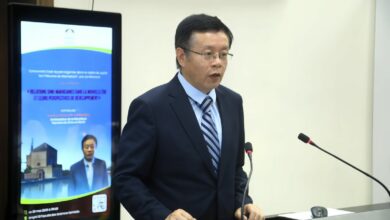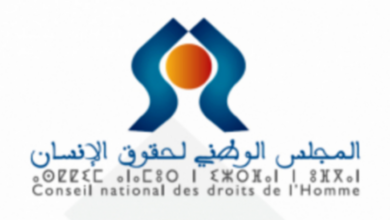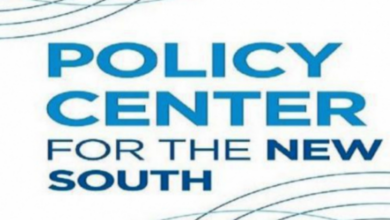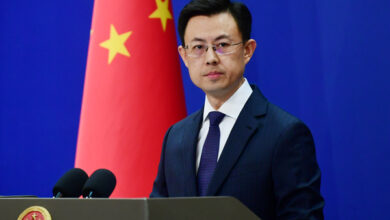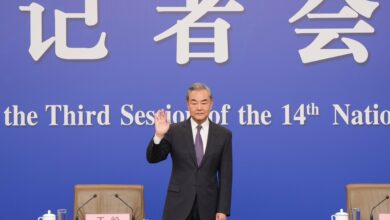European Union Blacklists Algeria Over Money Laundering and Terrorism Financing
European Union Blacklists Algeria Over Money Laundering and Terrorism Financing

ALDAR/
In a development that puts Algeria in a difficult position both economically and politically, the European Union has decided to include it on its blacklist of high-risk countries in the areas of money laundering and terrorism financing.
This decision comes after rigorous evaluations conducted by European financial oversight bodies, which concluded that Algeria has yet to implement the necessary structural and regulatory reforms to comply with international standards in this sensitive area.
In contrast, the same list saw the removal of the United Arab Emirates, after it successfully carried out a series of strict institutional and legislative reforms that enhanced its financial transparency and turned it into a reliable and attractive environment for international investment, according to an official statement by the European Commission.
Algeria’s inclusion on this blacklist means that its financial institutions will be subject to increased scrutiny and monitoring by European and international banks and business partners. This will complicate banking operations and financial transfers and weaken investor confidence in Algeria’s business climate.
This classification places Algeria alongside countries such as North Korea, Myanmar, and Iran, reflecting its failure to modernize its financial and legal framework to meet the obligations of the Financial Action Task Force (FATF). The lack of transparency, weak governance, and poor oversight of illicit financial flows are all factors that contributed to the EU’s strict stance.
While several African and Asian countries—such as Senegal and Jamaica—are taking measured steps to strengthen their financial environments and combat corruption and money laundering, Algeria appears to lag behind in enacting reforms. This further deepens its economic isolation and increases the difficulty of integrating into the global financial system.
Experts believe that this decision is not merely a financial measure but also carries a clear political message: the international community does not currently view Algeria as a trustworthy partner in the global financial system. This could have long-term implications for its economic relations with Europe and international financial institutions.

